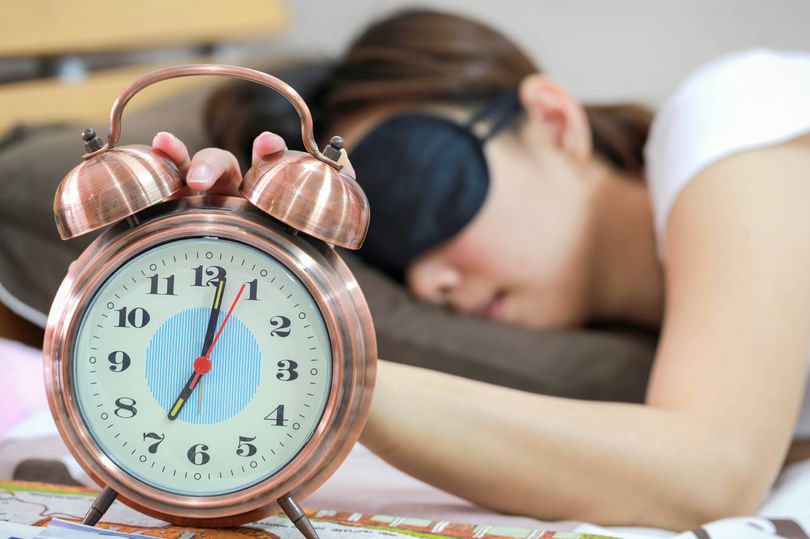When I was in my 50s I was a director of a multinational US corporation and had to fly to San Francisco for board meetings each month.
With often a nine-hour time change I found the jet lag very difficult to deal with, having to eat in the middle of the night and attend meetings when I should have been asleep.
Very often I couldn’t get my brain to shut off and lay sleepless as I got shorter and shorter of sleep. I could manage to keep going in California but it would take me a week to recover my sleep debt back home and I would inevitably go down with a cold.
I didn’t understand my susceptibility to colds then, but now I do.
It turns out just one night of only four or five hours’ sleep and your natural killer cells, the ones that attack cancer cells which your body generates all the time, fall by more than two thirds. The upshot is the shorter your sleep, the shorter your life.
Sleep gives us an all-round chance of good health and long life, whereas lack of it does the opposite.
People aged 45 years or older who sleep less than six hours a night are twice as likely to have a heart attack or stroke in their lifetime compared to those getting seven or eight hours a night.
A lack of sleep causes you to become less responsive to insulin and lose control of blood sugar, (prediabetes). So insufficient sleep makes you susceptible to putting on weight.
One of the reasons for this is that inadequate sleep lowers levels of the satiety-signalling hormone leptin, and increases levels of the hunger-signalling hormone ghrelin.
Sleep is essential for a fully functioning immune system. Your body can literally sleep itself well. And the opposite pertains. Lose sleep even for a single night, and your resilience plummets. And as rogue proteins are cleared from your brain during sleep, too little sleep over the years will raise your risk of Alzheimer’s disease.
Alzheimer’s and its relation to poor sleep is an interesting one. In daily life toxic proteins (amyloid, tau) accumulate in the brain, killing brain cells. During deep sleep these proteins are cleaned out from the brain.
Loss of deep sleep lessens our ability to remove them.
Sleep is also essential to mental wellbeing. Deep sleep, REM sleep, the time when we dream, is healing.
Sleep, or a lack of it, also affects our mood more generally. Brain scans show the key spot for triggering anger and rage is aroused by sleep deprivation.

